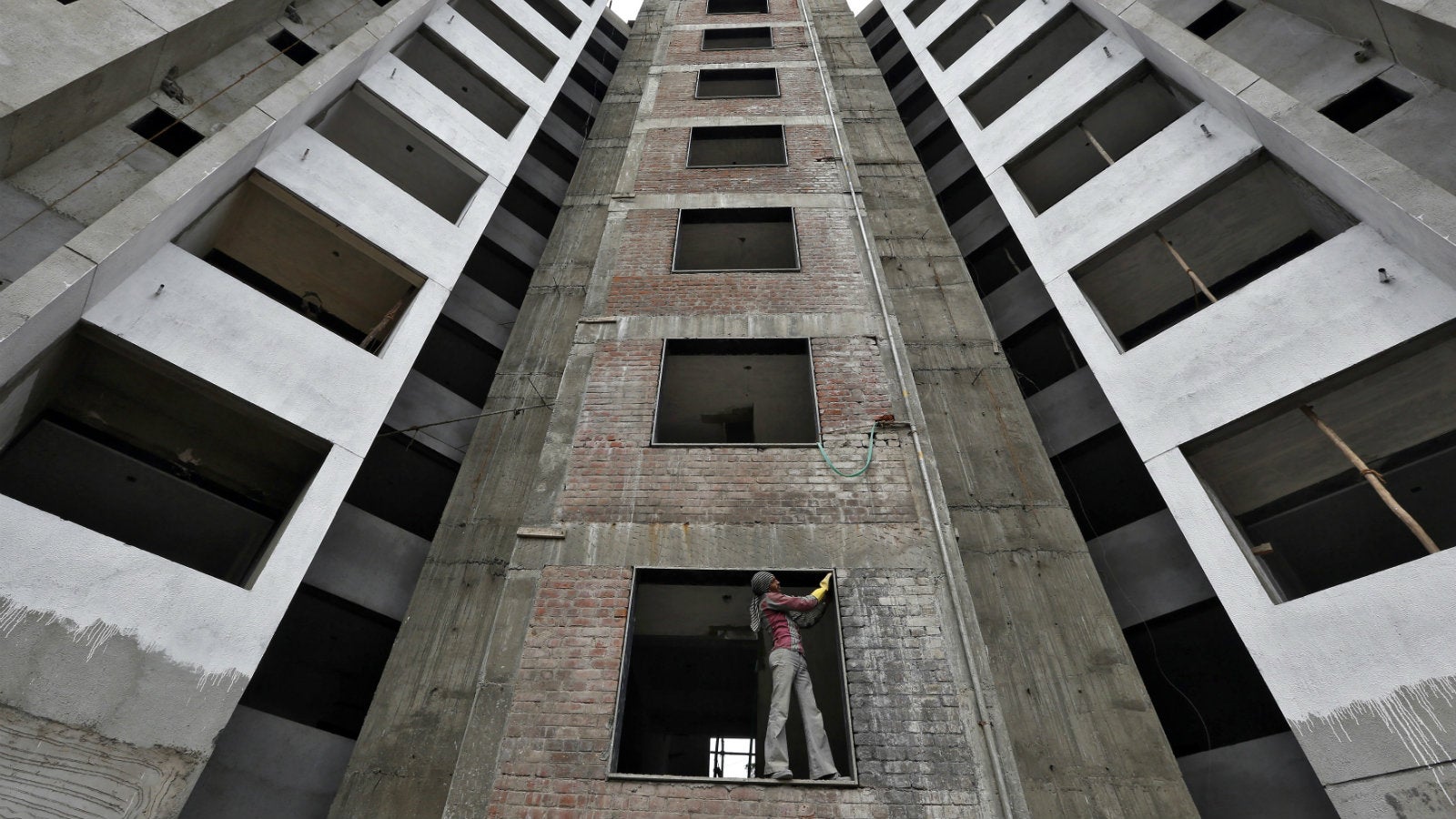In agrarian India, jobs are moving outside farms but that’s not a great sign
Farm jobs in Asia’s third-largest economy are moving out to other sectors.


Farm jobs in Asia’s third-largest economy are moving out to other sectors.
Between 2011 and 2015, agricultural employment fell by 26 million, a new study by the McKinsey Global Institute, based on data from the Labour Bureau’s annual employment estimates, shows. Non-farm jobs increased by 33 million in the same period.
“Labour moved out of agriculture into construction, trade & hospitality, and transport, the mainstays of the non-farm labour market in many developing countries,” the McKinsey study said. The trade & hospitality sector, with the most number of new jobs created at 15.6 million, includes the retail and wholesale trade industries as well as the hotels & accommodation business, it said.
This shift is “a structural trend in India that has been aided by a period of relatively strong economic growth,” it said. But this isn’t necessarily a sign of an efficient labour market. For not all these jobs are great in quality, the study notes, adding that India should, hence, focus on measuring “gainful employment” for its 460 million workforce. McKinsey describes gainful employment as a measure of “the quantity and type of work done by people already in employment, growth in labour productivity, higher earnings, and aspects of work quality such as safety, cleanliness, flexibility, income security, and intellectual challenge.”
The need to improve the quality of employment is pressing. That is because India is already witnessing a growth in jobs that aren’t highly productive, which means economic activity in that particular sector would remain low. For instance, the study notes, “The construction sector added many lower-productivity jobs…so GDP growth for the sector was lower than average national growth.”
For India then, along with pushing job growth, improving the quality of jobs is another task yet to be accomplished.